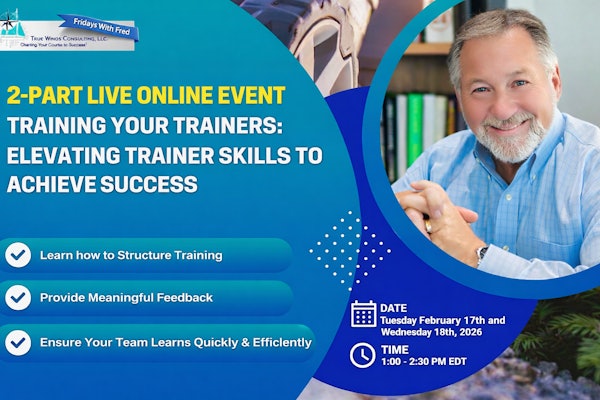 Photo: Pixabay
Photo: PixabayDo you gamble? Most people here in Texas, part of the Bible Belt, tell me no very quickly, but in reality, the answer for everyone is yes, at least to some extent.
Whether commercial or personal, everyone is required by law to carry insurance. Insurance is, essentially, a form of calculated gambling on the part of the insured and the insurance company alike. The insured or business has to decide what risks they want to transfer, and the insurance carriers decide how likely those risks are to happen, which is reflected in the premium.
Most of the landscapers I talk with do not think favorably of insurance, to say the least. Typically, this is because they hold one of three viewpoints or a combination of the three:
1). Insurance is a necessary evil. No one, especially business owners who have poured their lives into building their businesses, enjoys being told how to spend their money. Since there are minimum insurance coverages required to do business, business owners don’t feel like they are making the decision to purchase insurance coverage. Instead, they’re being forced to spend money, lowering their net profit.
2). It’s useless. Many business owners haven’t experienced a substantial loss, therefore in their minds, they have been paying years of insurance premiums for nothing, which is viewed to be a bad investment. With this being said I think any business owner would rather be in this situation than the next.
3). It doesn’t work when I need it. This typically stems from situations where the business owner has been paying insurance premiums for years and then they finally had a loss and it wasn’t covered. This is a wound that doesn’t heal easily. It adds insult to injury and if the business owner that I’m meeting with has ever been in this situation, it is usually the first thing out of their mouth.
What is Insurance?
I know most of you reading this know what insurance is on the surface, but I want to take a couple of sentences to give a deeper dive into insurance as a whole. Being I am in the insurance industry, it’s fair to take it with a grain of salt.
One of the earliest instances of insurance in the modern sense of the word was used between merchant ships and their lenders due to the high risk of a shipment being stolen at sea. A merchant would pay a lender an extra amount of money in return for a guarantee that the loan would be canceled if the shipment were stolen. This created a transfer of risk between the lender and the merchant.
The lender was getting paid a fee, or premium so that the merchant could transfer the “risk“ that a shipment would be stolen and therefore the merchant wouldn’t be responsible for paying back the loan if there wasn’t a successful trip to create the revenue to repay the loan. That is the simplest definition of insurance: the transfer of risk. As hard as it is to accept, insurance is critical to the economy because if businesses couldn’t transfer risks to others (insurance carriers), then they would frequently go out of business due to the many risks they face on a daily basis.
Maybe this stems from the fact that I’m never the smartest person in the room, but I have a passion for taking the complex and making it simple or at least attempting to. Being in the insurance industry, I’m given a lot of opportunities to try. I think it is important to break down what insurance really is and how it works because just like playing a sport, truly understanding the rules of the game allows you to play in a way that gives you the biggest advantage.
At Allen Insurance Group, we aim to make insurance simple. We know that the industry makes it complex enough and we don’t want to add to the smoke screens with confusing jargon and politician-level answer avoidance. If you’d like to see if you’re a good fit for one of our industry programs, please reach out to us.
EDITOR’S NOTE: This article was written by Will Allen, principal at Allen Insurance Group, located outside of Dallas, Texas. Allen specializes in risk strategies for the green industry. He has developed specialized industry programs for his clients and is constantly looking for innovative ways to help his clients reduce their insurance expenses while strengthening their risk program. If you have questions you can reach out to him at [email protected].









